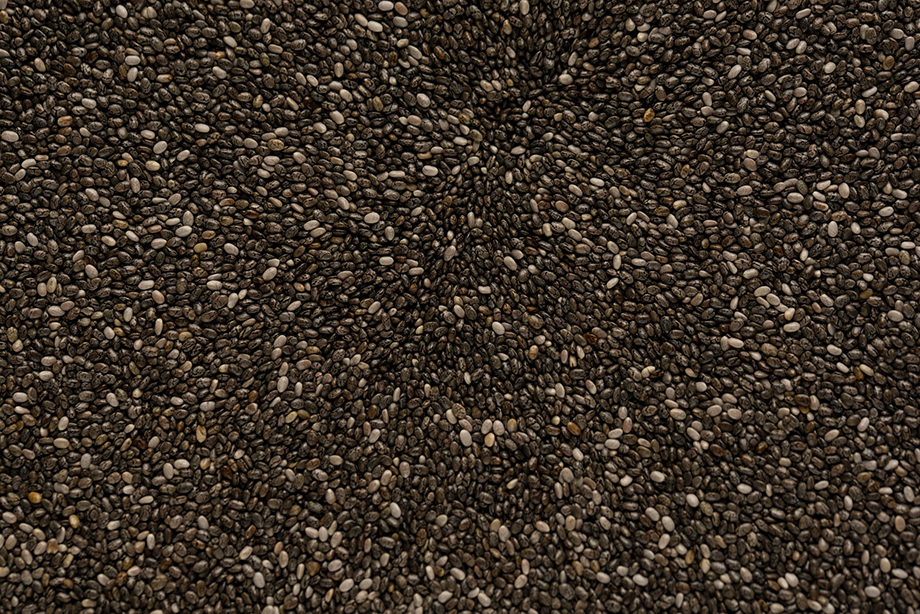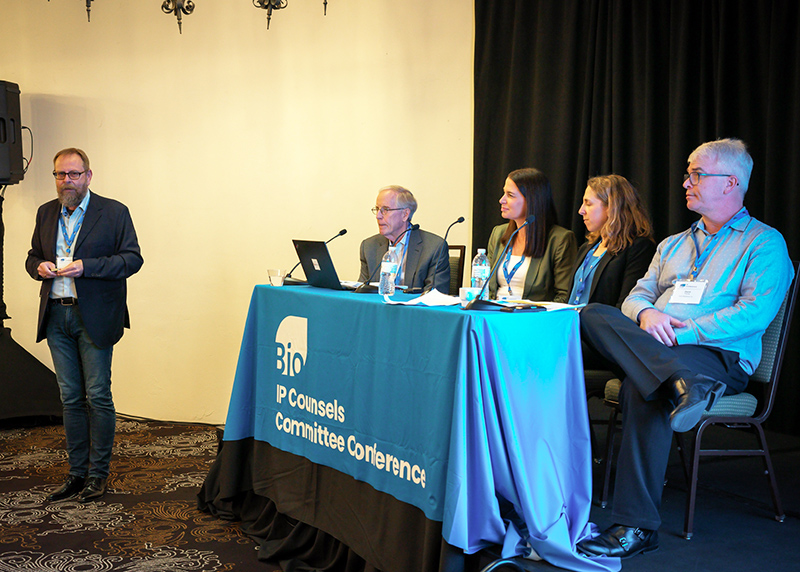New York became the first state to pass legislation restricting the use of neonicotinoids in seeds, introducing regulation of a substance that many seed companies, including those making biotech seeds, use to ensure healthy crops with higher yields.
The legislation, signed in late December and taking effect in 2029, amounts to more of a bureaucratic hurdle than a complete ban on treating seeds with neonicotinoids, commonly known as neonics, according to Gene Harrington, Senior Director of State Government Affairs, Agriculture & Environment, at the Biotechnology Innovation Organization (BIO). However, BIO and other organizations representing seed producers have watched New York closely, as other states are considering similar regulations.
“This is a first-of-its-kind law that would try to restrict the use of neonic-treated seed, though under the revisions that the governor put forward before signing the law, it’s not going to be nearly as restrictive as the bill that the legislature initially passed,” Harrington said.
The law would make it illegal to use neonicotinoid pesticide (neonics) treated seeds for corn, soybean, or wheat as of 2029 without a waiver. To continue using neonic-treated seeds after the 2029 planting season, farmers will need to present an evaluation showing that their fields are under threat from pests. They would also be required to take integrated pest management training.
The first regulation of neonics in seeds
Neonics are pesticides commonly used to treat all kinds of seeds, including corn and soybean, which are mostly grown with biotech seeds in the United States. When seeds are treated with neonics, the plant grows up protected, and needs far less pesticide over the course of its lifetime. For this reason, Harrington said, there has not been much regulation of neonics in seeds up until now.
“We have seen a number of states pass laws restricting the use of neonic insecticides, but they’ve always exempted seed treatments,” Harrington said. “New York is really one of the first states to look explicitly at seeds.”
Seed companies should get up to date on the new law and help their customers in New York handle the new regulations, said Harrington.
“BIO members will need to work closely with New York farmers to make sure they’re aware of these changes and make sure farmers take the necessary steps to be able to continue to use this important technology,” he said.
BIO and other organizations, like Crop Life America and the American Seed Trade Association, have been pushing to ensure that New York’s law is not too restrictive. Because farmers can obtain waivers to continue using neonic seeds, the impact should be moderate, Harrington said.
Still, BIO and others are concerned to see any regulation of neonic in seeds, as other states that are considering similar regulation will have been watching New York closely. California, Connecticut, Minnesota, New Jersey, and Vermont could be the next states to consider legislation on neonic-treated seeds.
On the federal level, the Environmental Protection Agency (EPA) is considering regulation of neonic-treated seeds. But, according to Harrington, this is likely to take the form of more detailed instructions for use, which would be printed on the label of seed packets. Farmers are bound by law to follow these instructions.
Biotech alternatives to pesticides
Biotech does offer one approach that can reduce the need for pesticides: plant incorporated protectants (PIPs). PIPs are plants that are gene-edited or genetically modified to make them better able to withstand pests or other potentially harmful conditions. But developing these alternatives on a wide enough scale to replace the neonic-treated seeds that currently dominate the market will take some time—especially because PIPs face their own regulatory hurdles.
In May, following a comment period to which BIO contributed, the EPA released new rules on the regulation of PIPs. PIPs had been classified similarly to chemical pesticides and, therefore, were heavily regulated. Harrington said the rules change did not provide the clarity that biotech firms wanted.
“Everybody was hopeful EPA would make it easier to bring particularly gene-edited PIP products to market, but instead it created more red tape and bureaucracy and will likely make it more difficult to commercialize gene-edited PIP products,” Harrington said.
A press release from Gov. Hochul’s office said that, because the New York law does not take effect until 2029, there would be “sufficient time for innovative research on alternatives and the development of more cost-effective products that are less harmful to the environment.” Given the timing for farmers to buy and plant seeds, effectively, 2028 purchases will be impacted, Harrington said.




